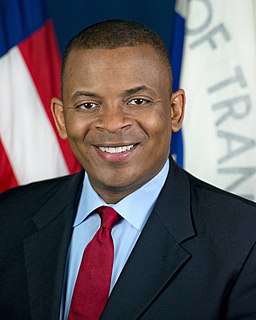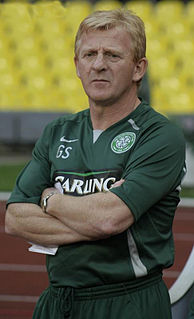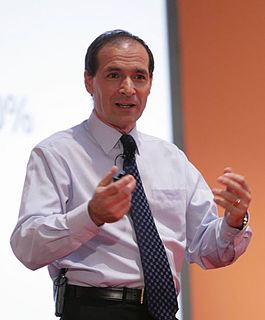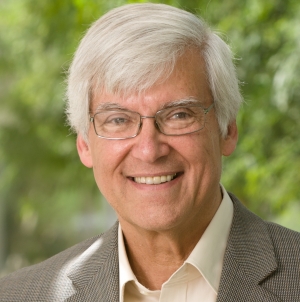A Quote by George Weigel
The people who are behind the curve of the Catholic future are the institutional-maintenance types.
Quote Topics
Related Quotes
The Germans now seem the primary example of this [institutional-maintenance type] - which is another reason to scratch the head at their seeming determination to force the whole Church to adopt the Catholic Lite approach that has, in a bizarre inversion, emptied German churches of congregants while vastly expanding the German Church's bureaucracies.
I was raised a Catholic as a boy and went to a Catholic boys' high school, a private school, and kind of drifted away, candidly, in my latter teen years. I consider myself deeply spiritual but not in an institutional, religious kind of a way. In Catholicism, we're surrounded by these images of martyrdom and doing penance and doing some suffering to achieve what you're trying to achieve. And I certainly embedded that in my psyche and I have lived that very effectively.
































